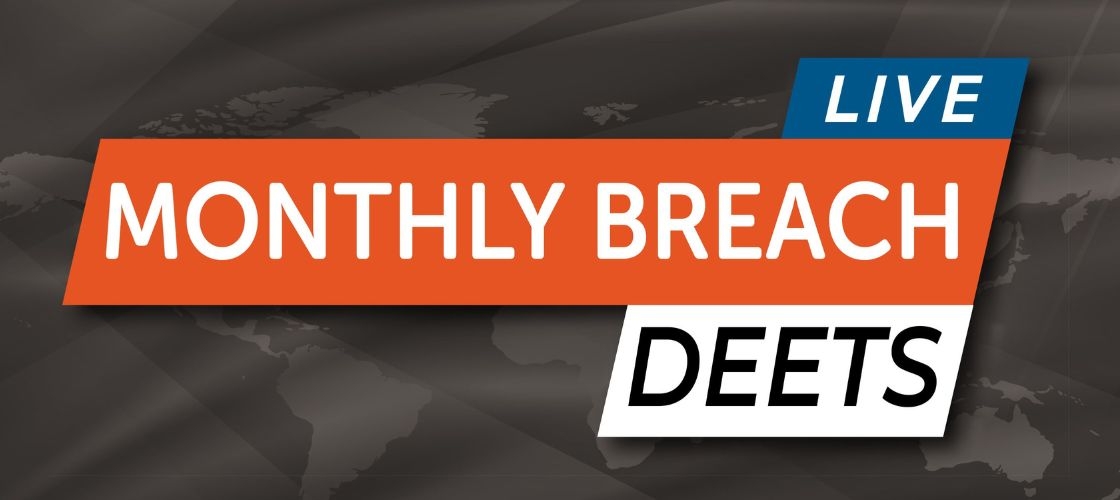
Updated Fri April 14, 2023
Published Under: IT Services Monthly Breach Deets

The internet has become an indispensable part of our lives, allowing us to connect with people, access information, and carry out transactions online. However, with the increasing use of the internet, comes the risk of cyberattacks, such as phishing attacks. In this blog post, we will explore a recent data breach that happened at Sarah D. Culbertson Memorial Hospital, along with the importance of being safe from phishing attacks and the steps that can be taken to protect your HME business.
Why is being safe from phishing attacks important?
Phishing attacks can have serious consequences. If an attacker gains access to your sensitive information, they can use it to steal your identity, money, and personal data. They can also use your information to commit fraud or sell it to other criminals on the dark web. A successful phishing attack can compromise your company’s confidential information, leading to reputational damage and significant financial losses.
Unfortunately, this was the case for Sarah D. Culbertson Memorial Hospital in Illinois. According to HIPAA Journal, it all started with their patients being notified of a network disruption on March 30, 2023, and it forced its systems offline. The team is still currently investigating but they’ve restored a portion of the system and as of April 11, it’s fully restored.
Steps to Protect Yourself from Phishing Attacks
- Stay Informed:
Keep yourself informed about the latest phishing techniques and trends. You can do this by subscribing to security newsletters, attending webinars or seminars, or following cybersecurity experts on social media. - Be Cautious of Suspicious Emails and Messages:
Always be cautious of emails or messages that ask you to click on a link or provide your personal information. Before clicking on any link, hover over it to see if it is a legitimate URL. Also, look for spelling and grammatical errors in the email or message, as attackers often make these mistakes. - Verify the Source:
Verify the source of the email or message before taking any action. If you receive an email or message that appears to be from your bank, for example, call the bank’s customer service to confirm if the message is legitimate. - Use Two-Factor Authentication:
Two-factor authentication adds an extra layer of security to your online accounts. This requires you to provide a second form of identification, such as a code sent to your phone, in addition to your password. - Keep Your Software Up to Date:
Software updates often include security patches that protect against the latest cyber threats. Therefore, it is essential to keep your software current to stay protected from potential attacks.
Phishing attacks have become more sophisticated and common, making it essential to take the necessary precautions to protect yourself and your HME business from these attacks. Being informed, cautious of suspicious emails, verifying the source, using two-factor authentication, and keeping your software up to date are all effective ways to stay safe from phishing attacks. By taking these steps, you can reduce the risk of falling victim to a phishing attack and keep your sensitive information secure.
Contact VGM Forbin Today!
VGM Forbin would be happy to consult you on security for all things tech and other ransomware security needs. Schedule a free consultation with our experts today!
Comments